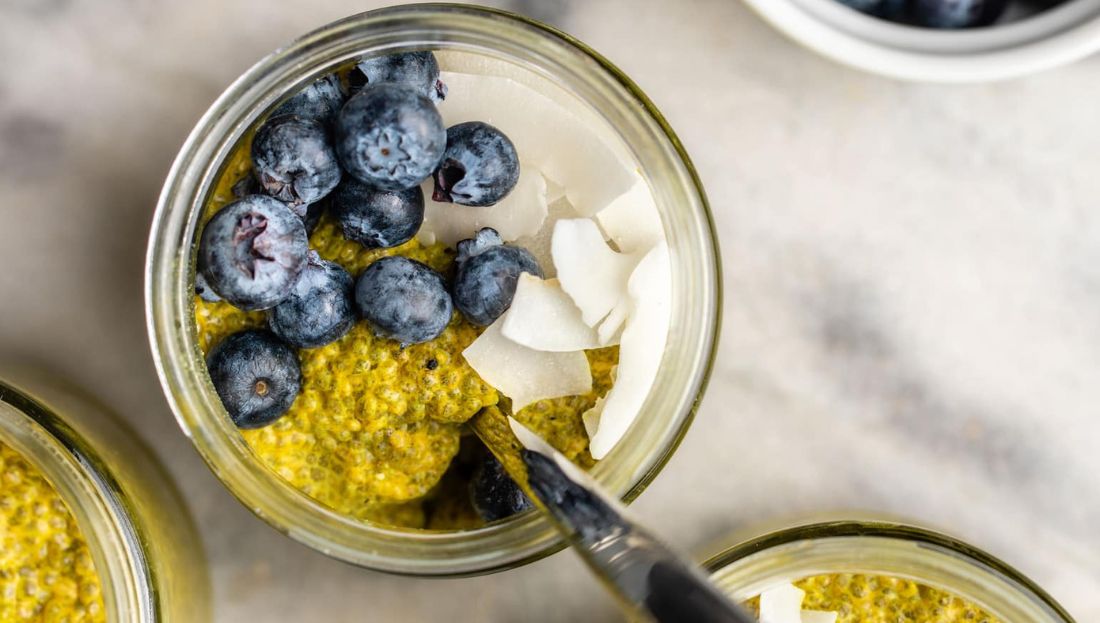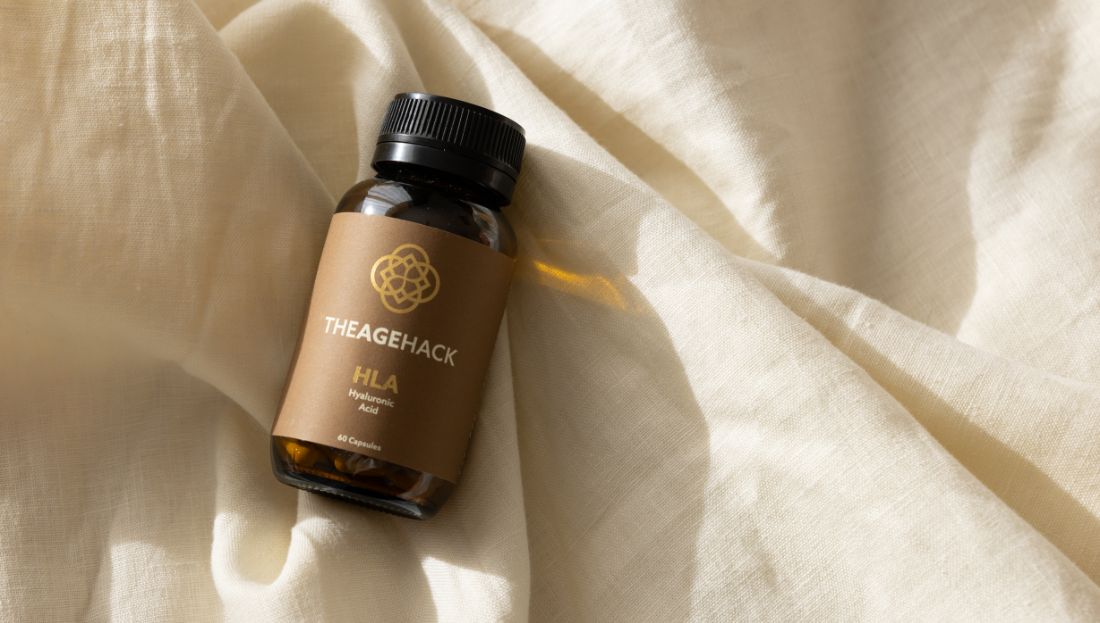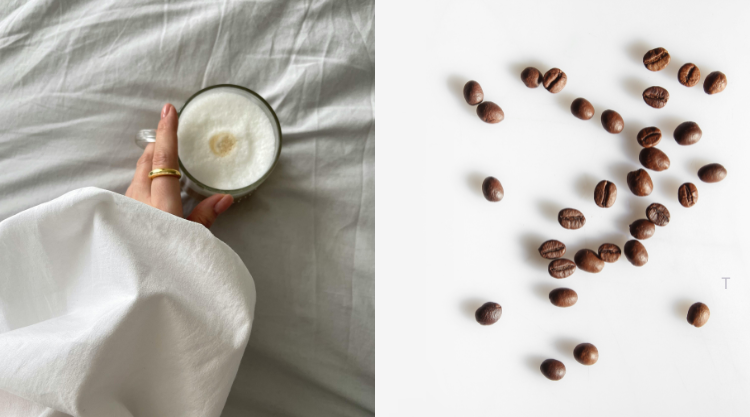What is Anti-Ageing and Can Ageing Be Prevented?
“Anti-ageing” is a term that you hear a lot as you get older.
From anti-ageing creams to non-invasive treatments, the beauty world is constantly releasing solutions that supposedly reverse the effects of maturing skin.
But do any of them actually work?
Whether you want to explore all the anti-ageing options available or you’re mostly happy to grow old gracefully, it’s good to educate yourself on this subject so that you can make the right decisions for you.
That’s why we’ve decided to do a five-part blog post series on the subject of anti-ageing. The idea is to arm you with all the tools you need to achieve clearer, firmer and more youthful-looking skin — no matter how old you are.
Today, let’s focus on the basics: what is anti-ageing and can it be prevented? Read on to find out the answers.
What is the Meaning of Anti-Ageing?
Firstly, to truly understand the meaning of “anti-ageing,” you need to understand the biological process of ageing.
To break it down for you: ageing occurs when the cells in your body evolve over time. It changes the way your skin looks, feels and moves as you mature due to a number of internal and external factors.
What exactly happens, I hear you ask?
- The skin cells become larger and struggle to divide and multiply the same way as they did before
- Pigments and fatty substances increase in each cell, affecting functionality
- As these substances increase, the amount of collagen then decreases
For those who might not already know, collagen is a natural protein that is produced in the body. It comes from the Greek word “kolla,” which means “glue,” and essentially holds the body together.
Due to the fact that collagen starts declining from the age of 25, your skin is subject to change in structure and physical appearance with every passing year.
How Will My Skin Change With Age?
Your skin is directly impacted by gravity, the loss of muscle action, loss of volume, redistribution of fat and loss of collagen that happens when your cells adapt with age.
Particularly on sun-exposed areas, you can expect the following effects:
- Deep wrinkles
- Dryness
- Roughness
- Dullness
- Discolouration
- Loss of elasticity
- Loss of firmness and sagging
- Leathery-looking skin
- A blotchy complexion
However, signs of skin ageing differ from person to person.
Can Ageing Be Prevented?
Unfortunately, ageing can’t be prevented (even though you sometimes may wish that it could!).
That said, you can slow it down by targeting certain mechanisms of the ageing process.
What about my skin specifically, you ask? Well, you can physically reduce the signs of ageing in the following ways:
- Cosmetological care, including appropriate sun protection, daily skincare and aesthetic procedures
- Topical agents, such as antioxidants and cell regulators
- Systemic agents, such as hormone replacement therapy
- Invasive procedures, including chemical peels, visible light devices and injectable skin biostimulation and rejuvenation, i.e. fillers
Plus, because skin ageing can also be accelerated by external influences like pollution, chemicals, toxins and chronic light exposure, you can delay the effects of ageing just by making some simple lifestyle changes.
An Anti-Ageing Guide: The Bottom Line
To sum up, “anti-ageing” is a term that refers to treatments, methods and products that can actively reduce the signs of ageing.
No matter what conflicting advice you discover in the beauty world, skin ageing is a natural process that can’t be stopped.
Having said that, you can use one or a combination of preventative measures to improve your complexion.
The result? Smoother, firmer, brighter, more elastic and younger-looking skin. Winning.
Look out for the next blog post in the “anti-ageing” series, “Part 2: Anti-Ageing Products for Youthful-Looking Skin,” coming very soon!





